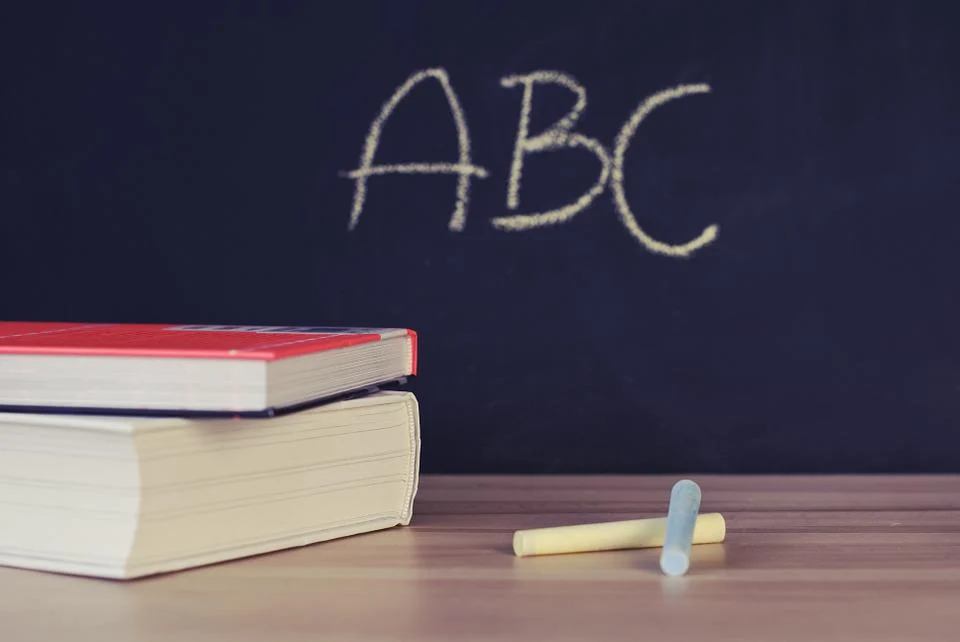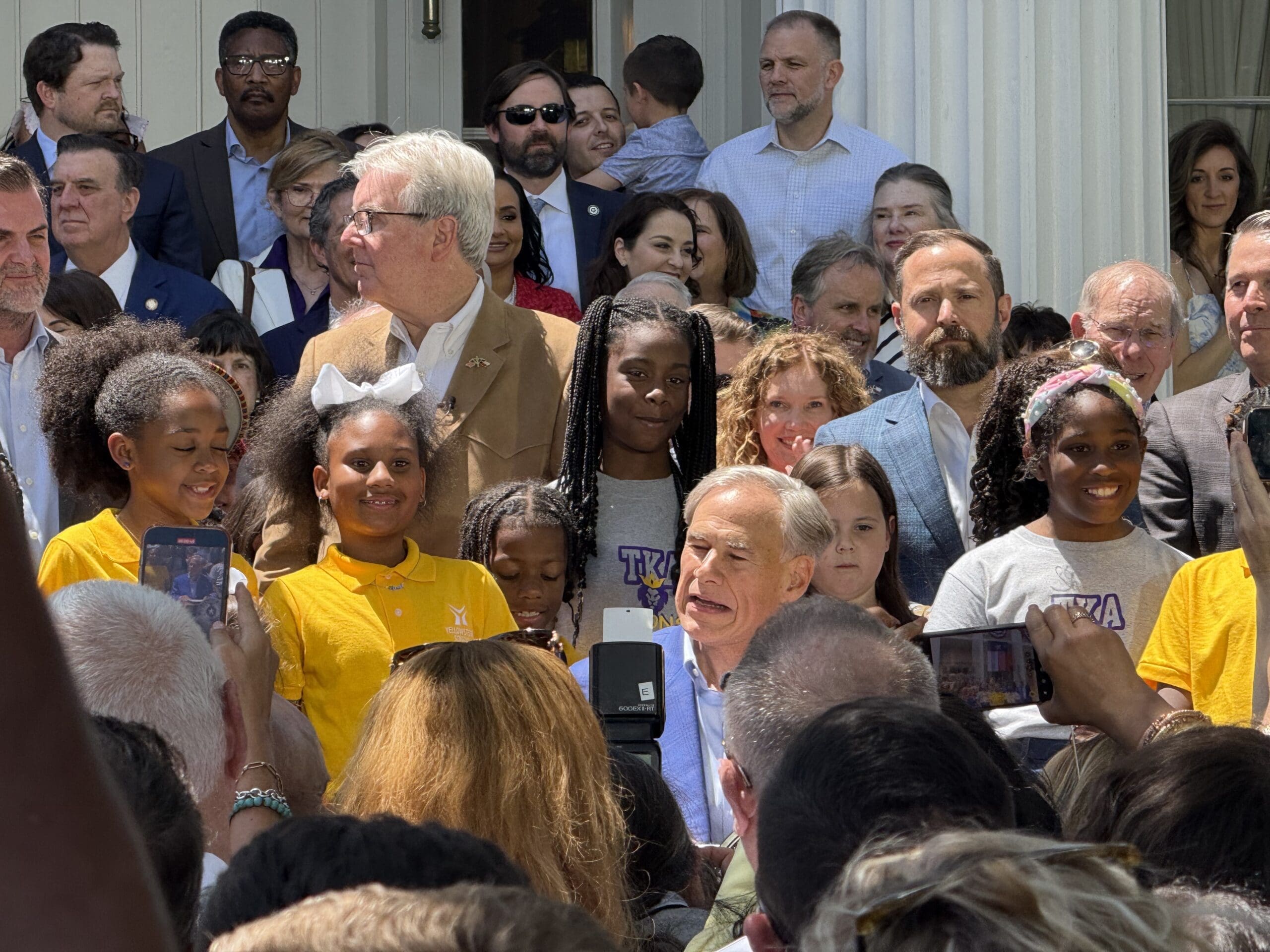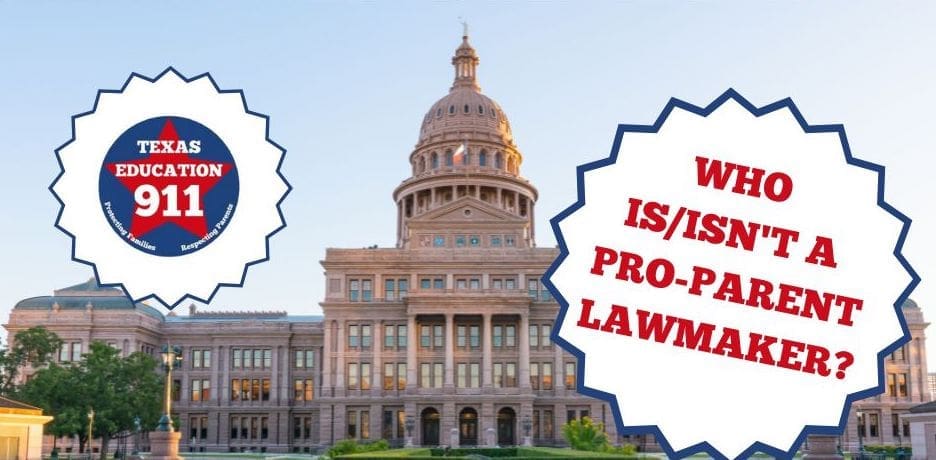There was a time when school board meetings and elections were largely overlooked by citizen activists, who have historically focused more on state and federal politics.
It should come as no surprise to Texas Scorecard readers that those days are over, as this is the second year education has topped the charts of topics discussed in our year-end review.
As the Texas Legislature prepares to convene in Austin next month, there has never been more attention on the education students receive through the public school system. While debates about masking and social distancing prompted by the COVID-19 pandemic have largely subsided, efforts among educators to promote a divisive social agenda have galvanized parents and community members in school districts across the state to scrutinize and speak out on questionable curricula and policies more intently than ever before. From practices intended to promote “equity” and the LGBTQ lifestyle, to exposing children to sexually explicit material and failing to provide students with the tools to improve their fundamental academic abilities, public schools have become ground zero in the culture war.
Sexually Explicit Books
The year began with an intensified focus on sexually explicit books in school libraries, as Gov. Greg Abbott months prior had tasked several state agencies and boards with examining standards for determining which books should be made available to public school children. While the Texas Education Agency took more than five months to respond with a list of guidelines, the announcement fueled a statewide effort by citizens who had been trying to raise awareness about the issue for much of 2021. Abbott’s contested re-election campaign provided a prime opportunity to do that.
The Texas Association of School Boards and a prominent bookseller confirmed that individual school boards are responsible for purchasing the books studied in the classroom and provided in school libraries, and as citizens throughout the state identified explicit material in their local school districts, they confronted board members with demands to remove it. When asked about their library standards and book review processes, some school boards were transparent about their practices and indicated willingness to consider community members’ concerns, while others summarily ignored or tried to dismiss them.
For example, district officials for Fredericksburg ISD and Granbury ISD removed sexualized content when it was brought to their attention, while Prosper ISD, Waller ISD, and Keller ISD mostly rebuffed citizens’ concerns. The issue was a key factor in the May school board elections, and following a wave of victories for pro-parent candidates, Keller ISD reviewed a number of books for questionable content and approved new guidelines for evaluating books offered to students.
Not everyone has agreed with the effort to remove sexualized content from public schools, however. The Texas State Teachers Association and the Texas chapter of the American Library Association have opposed limitations on what students can access through their school libraries, eliciting denunciations of advocates for decency as wanting to “ban books” and participating in “censorship” and “cancel culture.”
When Granbury ISD announced a review of 131 books in January of this year, the ACLU of Texas attacked the district, demanding that they apologize for perceived discrimination against racial minorities and LGBTQ individuals, even though most of the books were eventually returned to library shelves. In March, the superintendent’s comments during the January meeting were leaked to the media, prompting the ACLU to file a formal complaint with the Office of Civil Rights at the U.S. Department of Education, which recently confirmed that Granbury ISD is being investigated for potential violations of Title IX. Last month, the ACLU filed a similar complaint against Keller ISD.
Despite these efforts to remove access to explicit books, however, citizens continue to find sexualized content in public school libraries—even in areas with a large Republican population, a demographic that overwhelmingly favors punishments for teachers who expose children to this kind of material.
While several school districts took steps to protect students from objectionable material, others actively promoted or sought to normalize gender confusion and hazardous sexual behavior. Austin ISD spent an entire week in April promoting LGBTQ ideology, and Round Rock ISD and Frisco ISD secretly adopted policies to allow transgender students to use restrooms designated for the opposite sex.
Critical Race Theory
Conflicts regarding critical race theory have also continued. Even though 91 percent of Republican voters reject this teaching, many of the reports about schools pushing critical race theory have originated from Republican-leaning areas.
This spring, students at an elementary school in northern San Antonio were segregated by hair color for an anti-racism exercise. In Waller ISD, students in a high school English class were taught that some races are more privileged than others, in direct opposition to a law passed last year prohibiting the teaching of critical race theory in Texas public schools.
In July, the superintendent of Clear Creek ISD, southeast of Houston, resigned when parents discovered he was implementing social emotional learning—an educational practice intended to make students aware of inherent societal “inequities.” He had previously done so in Loudon County, Virginia, where in 2021 a transgender student was accused of assaulting a female student in a high school women’s restroom.
In August, the board of Grapevine-Colleyville ISD voted to ban the teaching of critical race theory and the promotion of “gender fluidity” after conservatives won a majority of seats on the board earlier this year. The move follows similar events in neighboring Carroll ISD that led to conservatives gaining representation on its board of trustees.
In October, after months of criticism from parents, the superintendent of Highland Park ISD announced he would resign at the end of the current school year. Over the course of his tenure beginning in 2015, he had implemented a curriculum focused more on “sex, gender, and race, instead of classical education,” according to four families interviewed by The Epoch Times. Recently, when parents learned that the district had contracted with a “woke” search firm to find a new superintendent, several petitioned the board to terminate the contract, citing the troubled history of some of its previous recommendations. The parents agreed to pay any fees associated with doing so.
Fort Worth ISD
Fort Worth ISD has been embroiled in ongoing conflict for some time regarding its efforts to promote “diversity, equity, and inclusion,” which began in 2016 with the creation of the district’s Division of Equity and Excellence.
In March of this year, a school board member resigned after it was revealed that he financially benefited from the district’s contract with a company that hosts training seminars on critical race theory, and the district superintendent’s contract was terminated with two years remaining in response to widespread discontent regarding his racial equity policies. In August, parents held a protest demanding the dissolution of the district’s aforementioned equity department.
Administrators have not backed down, however, as teachers were required to complete training promoting DEI and related ideologies, and the new superintendent recently dismissed parents concerned about the district’s social justice priorities and referred to them as “haters.”
Leftist Education Conferences
Considering the political ideology of the major professional associations for teachers and administrators, it’s no surprise that LGBTQ propaganda and critical race theory have made their way into the classroom.
During the summer, teachers and administrators from every part of the state attended several training conferences—at taxpayers’ expense—that promoted critical race theory, social emotional learning, and LGBTQ ideology, confirming these ideas are firmly entrenched within the educational establishment. Among these were conferences hosted by the Texas Library Association (which featured a drag queen performance), South by Southwest, the Texas Association of School Administrators and the Texas Association of School Boards—the Texas Education Conference, which featured a presentation on how to deal with parents who ask too many questions—and the American School Counselor Association.
Declining Academic Performance
While sexualized curricula and political indoctrination have fueled much of the conflict over public education during the past few years, declining academic performance has also contributed to widespread discontent.
According to the results from the state’s annual STAAR assessment, nearly half of all Texas students in grades 3-8 do not meet grade-level standards in reading and math, despite some short-term improvements. On the other hand, a national assessment administered in four of the state’s largest school districts shows significant declines in these areas. Meanwhile, the Texas Education Agency continues to lower standards for grading schools’ academic performance.
Public Education and Texas Politics
Public education controversies were not confined to the local level.
Ahead of the May school board elections, the Texas Republican Party made endorsements for the first time in several of these “nonpartisan” local races, which also received significant funding from conservative political action committees. That support helped a number of traditional-values candidates win, and shortly after the election, Abbott indicated his support for school choice reforms, despite his endorsements in the GOP runoff that did not line up with that position.
In August, the State Board of Education (SBOE) considered radical changes to the social studies curriculum for Texas public school students in kindergarten through eighth grade. The proposed changes would have restructured the topics of study with the aim to create “global citizens” through a focus on “intersectionalities.” Ultimately, the board opted to postpone revisions amid intense pushback from concerned citizens.
In the November election, Republicans increased their majority on the 15-member SBOE from nine to ten. The previous month, however, a number of members—including two Republicans—attended a conference where critical race theory was promoted. After the election, the board passed a resolution formally opposing any school choice reform in which public funding follows the student. Five Republican board members joined the six Democrats to pass the resolution, while two opposed it and two others abstained. The Republican Party of Texas has designated school choice as one of its legislative priorities for the upcoming session.
The SBOE is joined in its opposition to school choice by Republican Texas House Speaker Dade Phelan and public education lobbyists like the Texas Association of School Boards, while Gov. Abbott and Lt. Gov. Dan Patrick have indicated their support for reform.
Several high-profile advocates for the issue believe the current environment and the expressed support of the state’s two most powerful politicians provide the best chance in a long time to pass legislation that would expand publicly funded education options for Texas families. Ahead of next month’s legislative session, at least three lawmakers have filed bills that would create school choice programs.
Looking Forward
Discontent with the failures of Texas public schools continues to manifest in conflicts throughout the state, and there’s no sign it will subside anytime soon. For the next several months, the Texas Legislature will be the primary battleground for these conflicts. Follow Texas Scorecard to get the real story on all the action.
No ads. No paywalls. No government grants. No corporate masters.
Just real news for real Texans.
Support Texas Scorecard to keep it that way!





